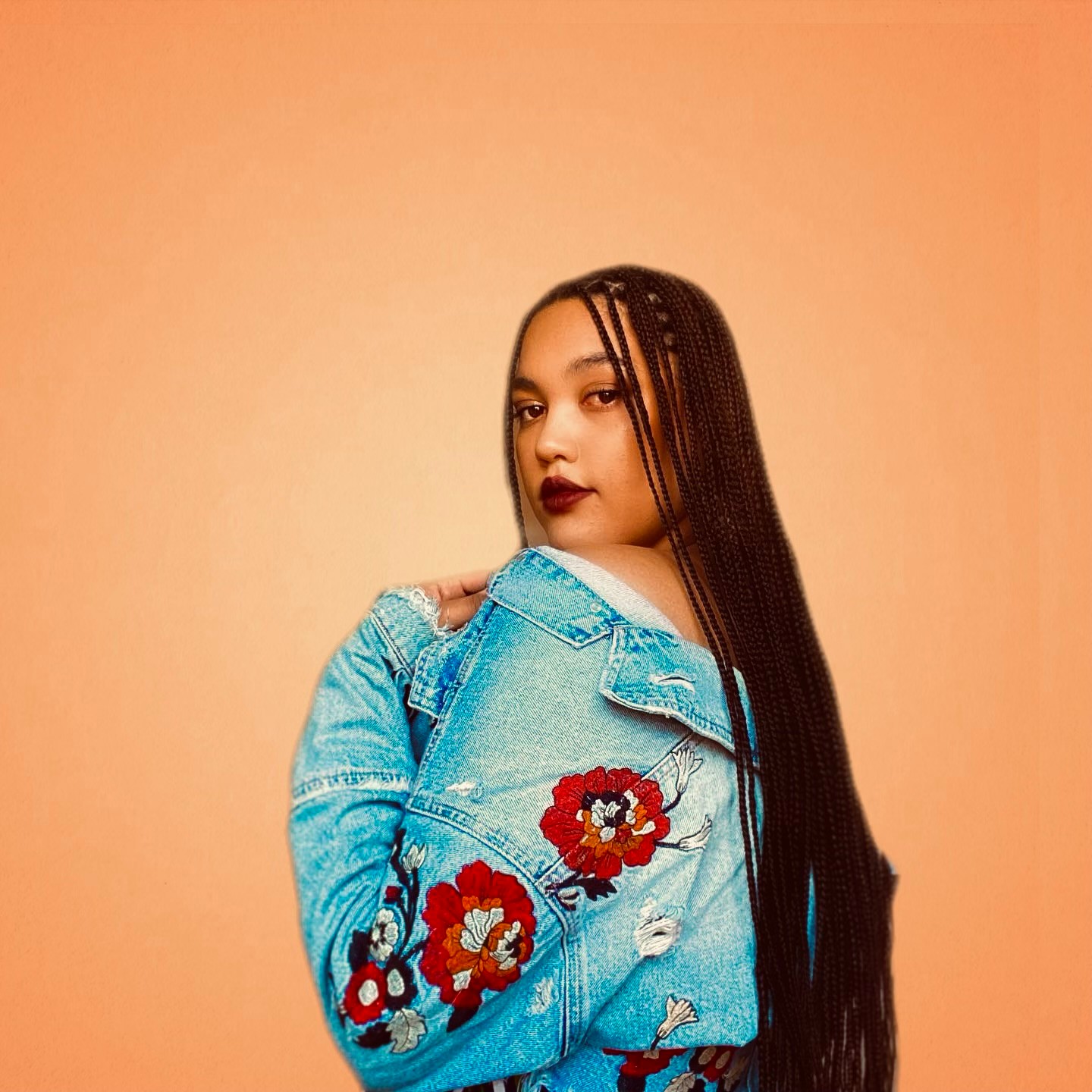We recently connected with Allison Robertson and have shared our conversation below.
Alright, Allison thanks for taking the time to share your stories and insights with us today. When did you first know you wanted to pursue a creative/artistic path professionally?
I was born in Cape Town, South Africa, a place rich in culture and music. I was interested in many things growing up, and music was not the popular career choice. My community is one filled with violence, poverty and corruption and that really plagued me growing up. I always knew that I wanted to be in the business of helping people and making a difference, but the ‘how’ is what I struggled with. So I went to the very root of helping people, social work. I studied it for a year and loved it. But something was still missing. Nothing gave me the same feeling as music did. That feeling you get when you are on stage bringing the audience into that moment of vulnerability with you. Music has always been a safe space for me, a haven where I could express my feelings and communicate with others. When I felt lost I went back to it. I decided To apply to Berklee College of Music and was able to finish my degree in professional music there.
I got to Berklee and everything was so new and exciting, but also very daunting. It seemed like everyone already knew exactly who they were and what they wanted to do and I let myself fall into the shadows. I became lost again. I felt like I did not have a voice of my own. Everything I sang or wrote sounded like someone else or something that had already been done. I stopped thinking of myself as a songwriter and focused on performing. In 2021 femicide statistics in South Africa reached an all time high, with the country being declared the most dangerous place for women in the world. This brought up a lot of emotions for me. I was scared for my friends and family, especially my little sister. Everyday I would scroll through social media and see articles about more women and children being murdered or kidnapped and I felt a sense of helplessness. I had all these emotions and a lot to say, so as an artist I put it into a song. This sparked a new direction for me as a songwriter. I had a message and a purpose and it propelled me forward. Through the process of writing music again, I was able to heal from a lot of traumas I was going through at the time. That is when I realized that through music I can help others, I can make a difference. From that a bigger project was born, an EP talking about the issues in my community. This project is something I am very passionate about. People need to hear the truth to start healing and implementing plans to create a better life for themselves. Through my music I aim to provide a space to heal and spark a change however small that may be. It was only in my last semester at Berklee that I truly found myself as an artist. I am 100% confident in who I am, what my message is and who I want to be.
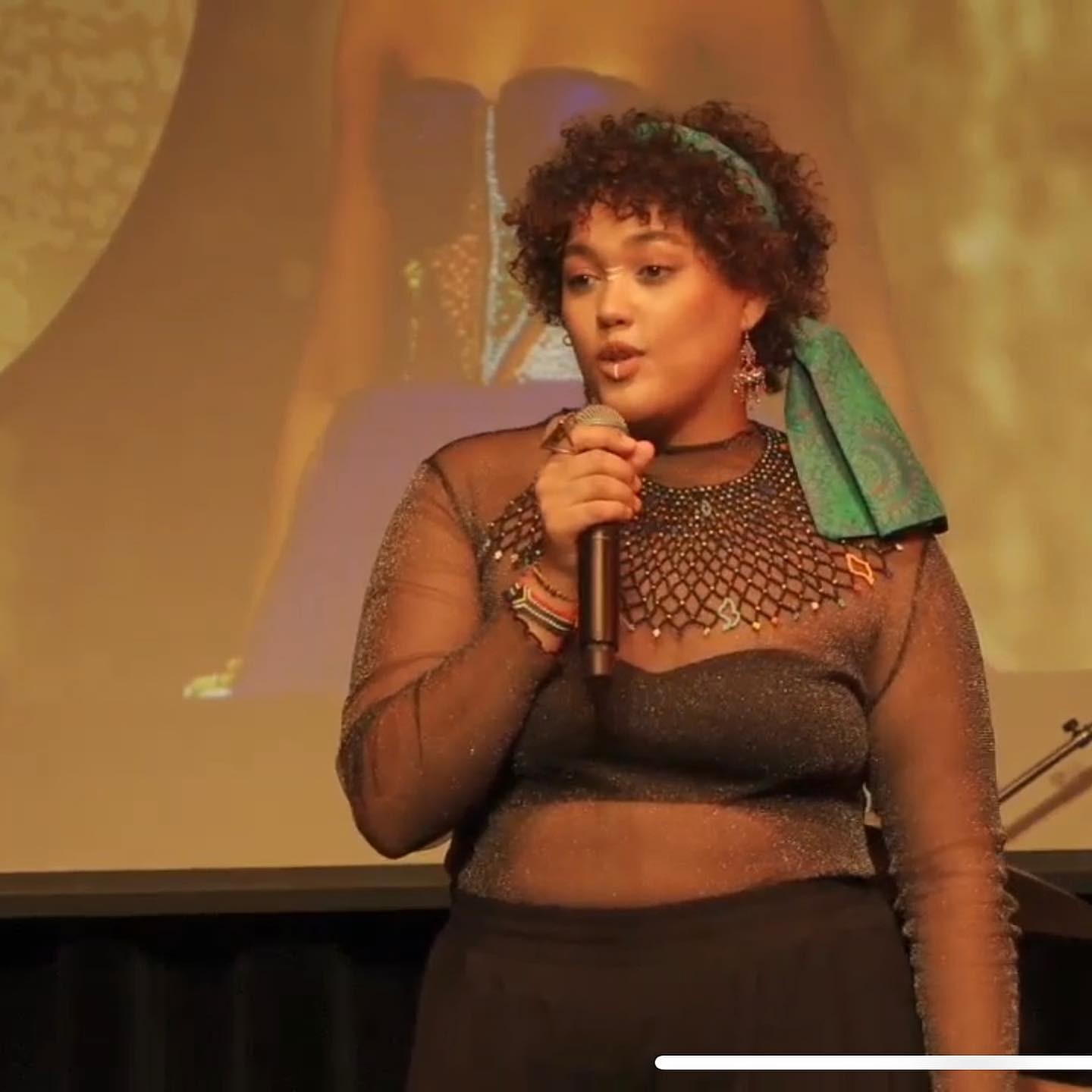

Allison, before we move on to more of these sorts of questions, can you take some time to bring our readers up to speed on you and what you do?
Born in Cape Town, South Africa, I was surrounded by music my whole life. It started off in the church. My dad was the pastor and I always had a duty as his daughter to be involved. That is how I found my love for music. That translated into my school life. I wanted to be involved in everything that is music. I started playing the flute and piano in orchestras and jazz bands; singing in choirs and vocal ensembles. I picked up playing the marimbas and even learnt the saxophone in high school. Music was a big part of my life, however my family was too. There is a lot of pressure on you as a child of a ‘born free’ generation. Our parents grew up under the Apartheid regime and many of their dreams and aspirations were nipped in the bud, because of the colour of their skin. A lot of my family still suffer the consequences of that. Living in areas that are drowning in gangsterism, violence and poverty with no way to break that cycle. I felt a social responsibility to not only my family members, but to my fellow South Africans.
I felt I had to put aside music and do something that will truly make a difference. I struggled with what to do and in the end I ended up leaving music and studying social work. And I absolutely loved the work, but something was missing. And that was when I got the email back from Berklee, that I had been accepted. My father could see I was not 100% happy being away from music and he encouraged me to come to Berklee and it is because of him I am here today. And I realized that through my music I can also have an impact. Currently, I am a song stylist whose mission is to raise awareness about the issues plaguing my community and help bring about change through music. Growing up in South Africa I saw a country riddled with gang violence, femicide and corruption. This shaped the course of my journey as a musician. I knew it was my duty, as many of my ancestors before me, to use my voice to protest against the injustices my people are facing. People need to hear the truth to start healing and implementing plans to create a better South Africa. And that is what my music aims to provide: the truth. This is something that is in tune with what is happening now. The rise of nationalism all over the world, the pride in who I am and where I come from is really what my music is all about. Through my music I want to inspire young Africans to be proud of who they are and know that the opportunities for them in life are endless. Yes, the road is tougher, but it does not mean that their dreams are unattainable. I want to lead by example and have young artists everywhere look at me and say “If Allison can do it, so can I”. It is about bringing hope, while still having fun and being relatable as young adult.
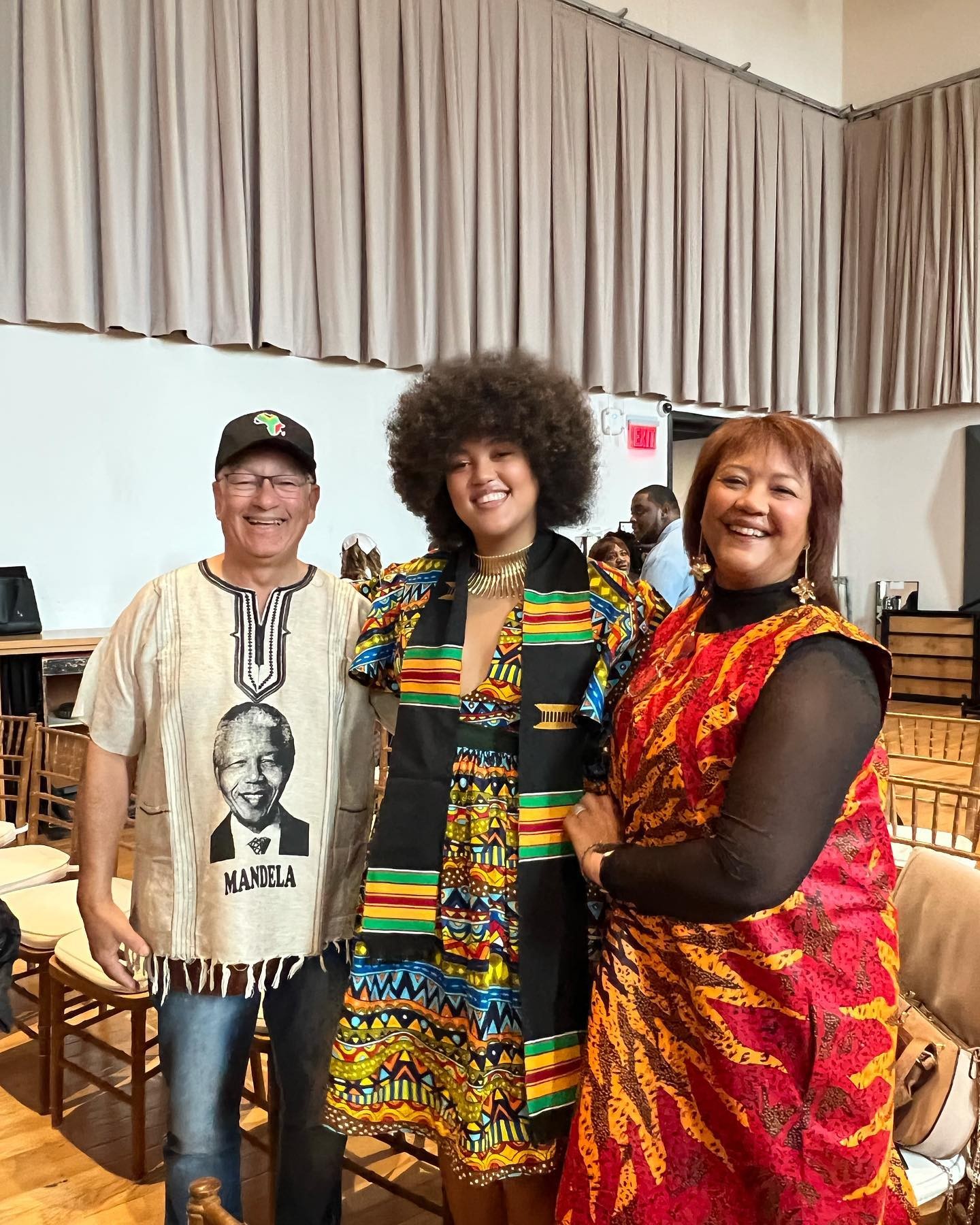
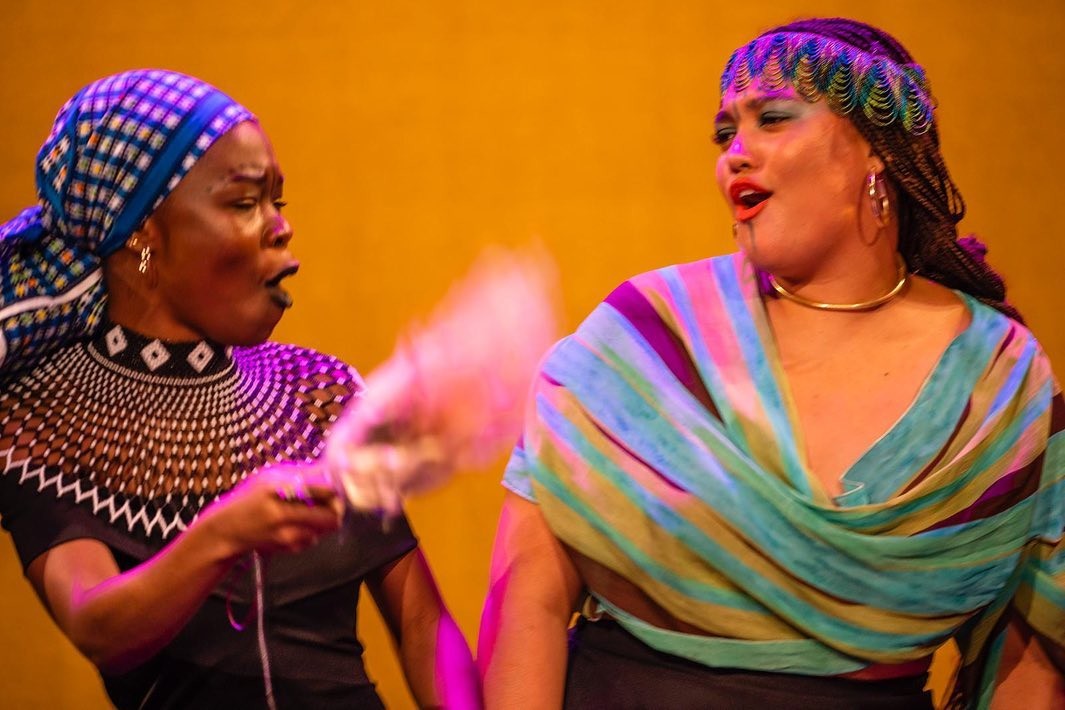
We often hear about learning lessons – but just as important is unlearning lessons. Have you ever had to unlearn a lesson?
As a child coming out of a strict, African household my parents had the last say about everything. Yes, I could choose who I want to hang out with, what I wanted to wear, but if they said no, it was no. This led to me seeking validation, starting with them, but ultimately seeping out into all my relationships, personal and business. I would not do anything if I did not think my parents or business partners would approve. Even if I really wanted that racy picture as my cover art or a vulgar word in a verse. If I felt they wouldn’t like it, I would get rid of it despite my feelings on the matter. It got to a point in my artistry that I felt like I couldn’t form my own opinion. It took four years being away from home, surrounded by other artists to finally break free of my own mind. To realise that I am a creative, with my own opinions and ideas. And as much as I do this to serve others, I also do it for myself and I have to trust this gift within me. Now when I want to do something I do and do not question when I am passionate about something. Yes, when working with others there is always a little compromise from both ends. But now I make sure my ideas are heard and that I am not just a ‘yes’ man for others. It definitely is a difficult journey, but it has been so freeing.
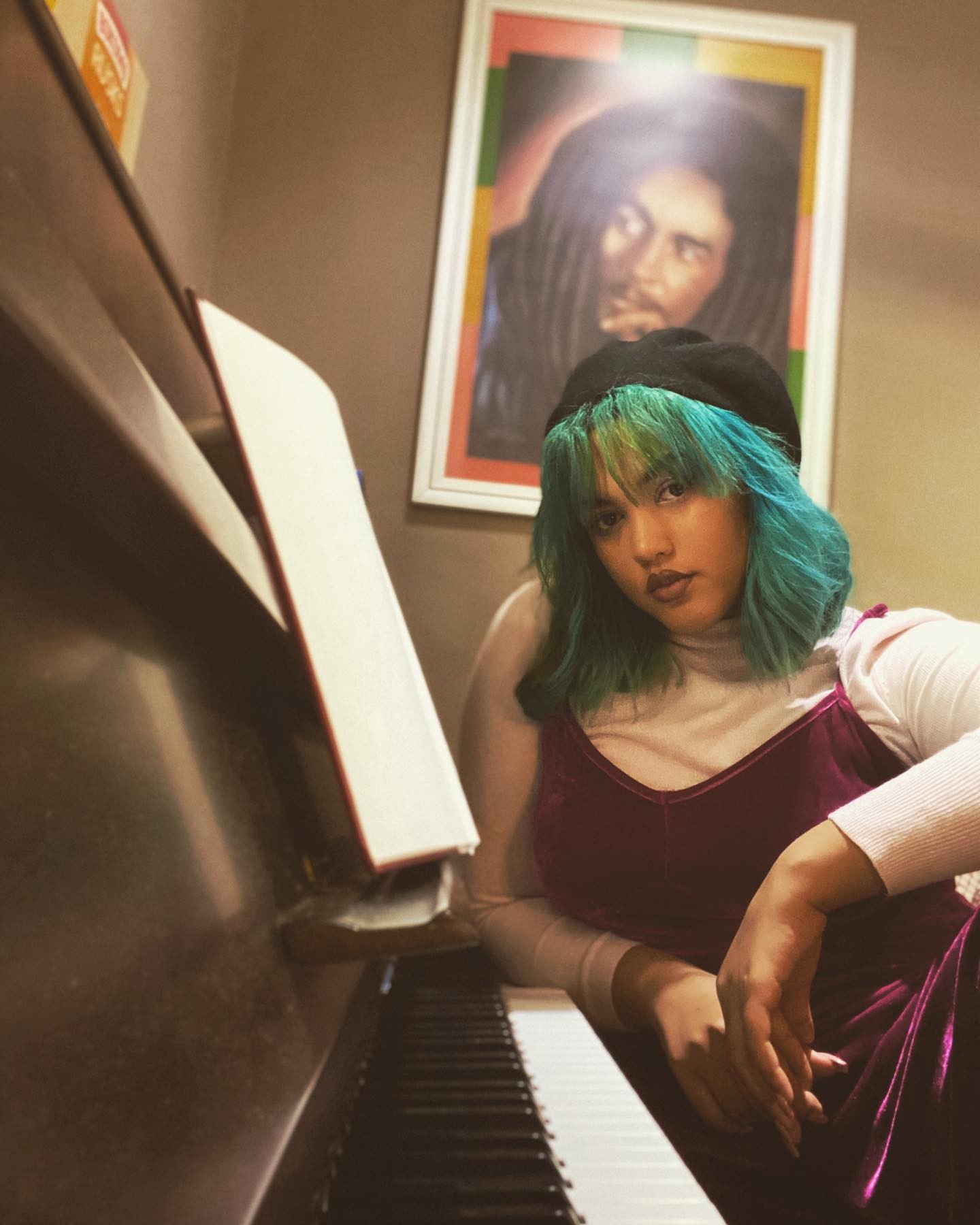
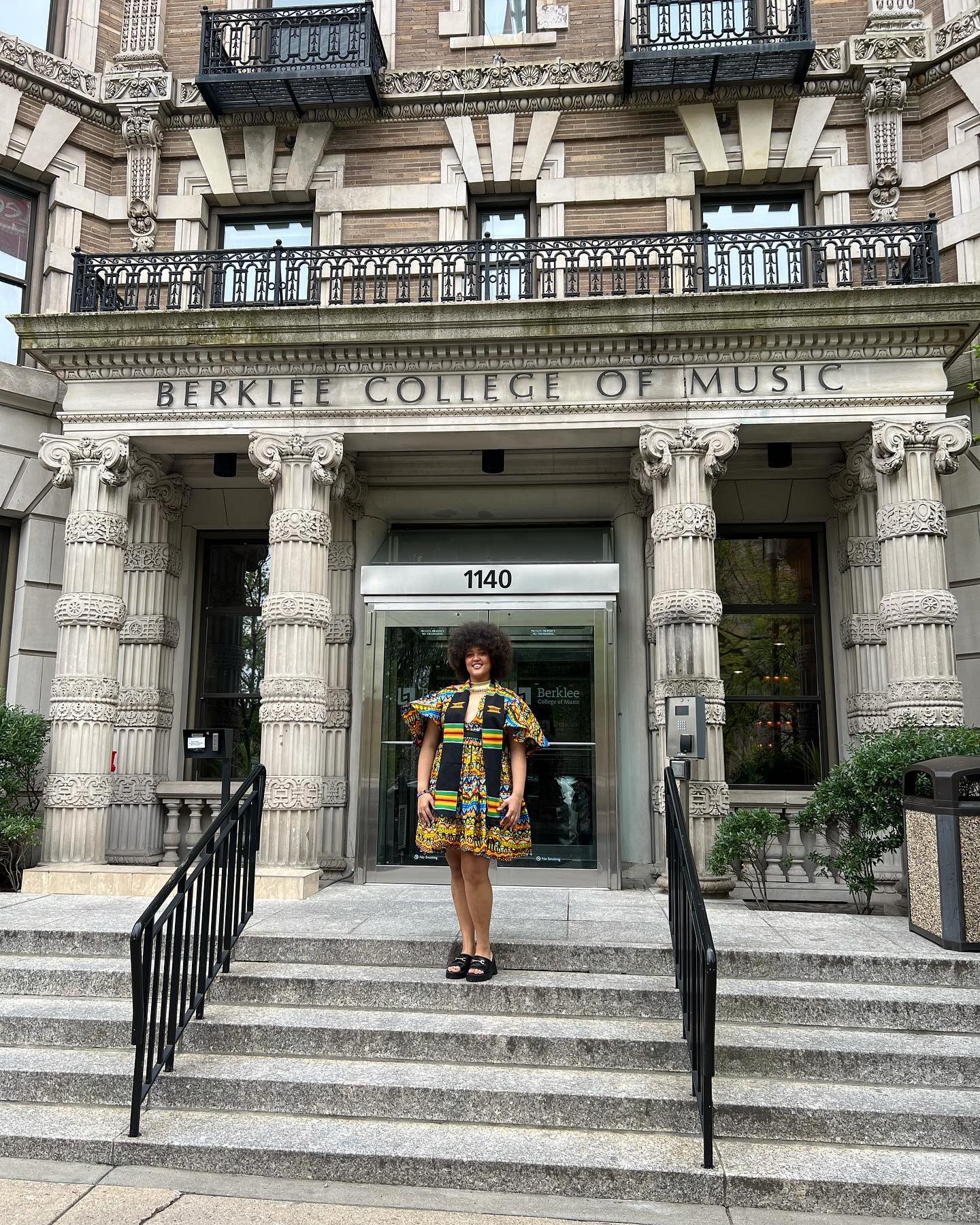
Looking back, are there any resources you wish you knew about earlier in your creative journey?
There is not one specific thing, but I just wish I knew that I could make music from my bedroom and be successful without a major record deal or being scouted by a label or management company. Before I got to Berklee I did nothing to further my interest in music or learn more about the industry, thinking I needed a team or someone more knowledgable to help me. But after moving to the United States and seeing how easy it is to cultivate your art without anyone else, I wish I had started sooner.
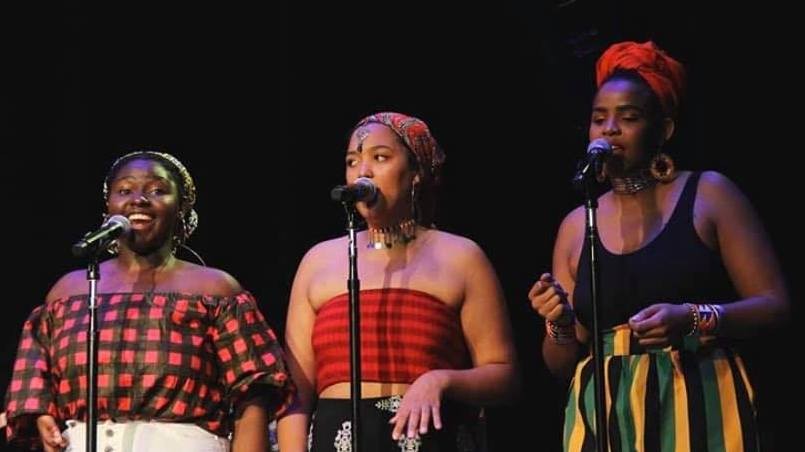
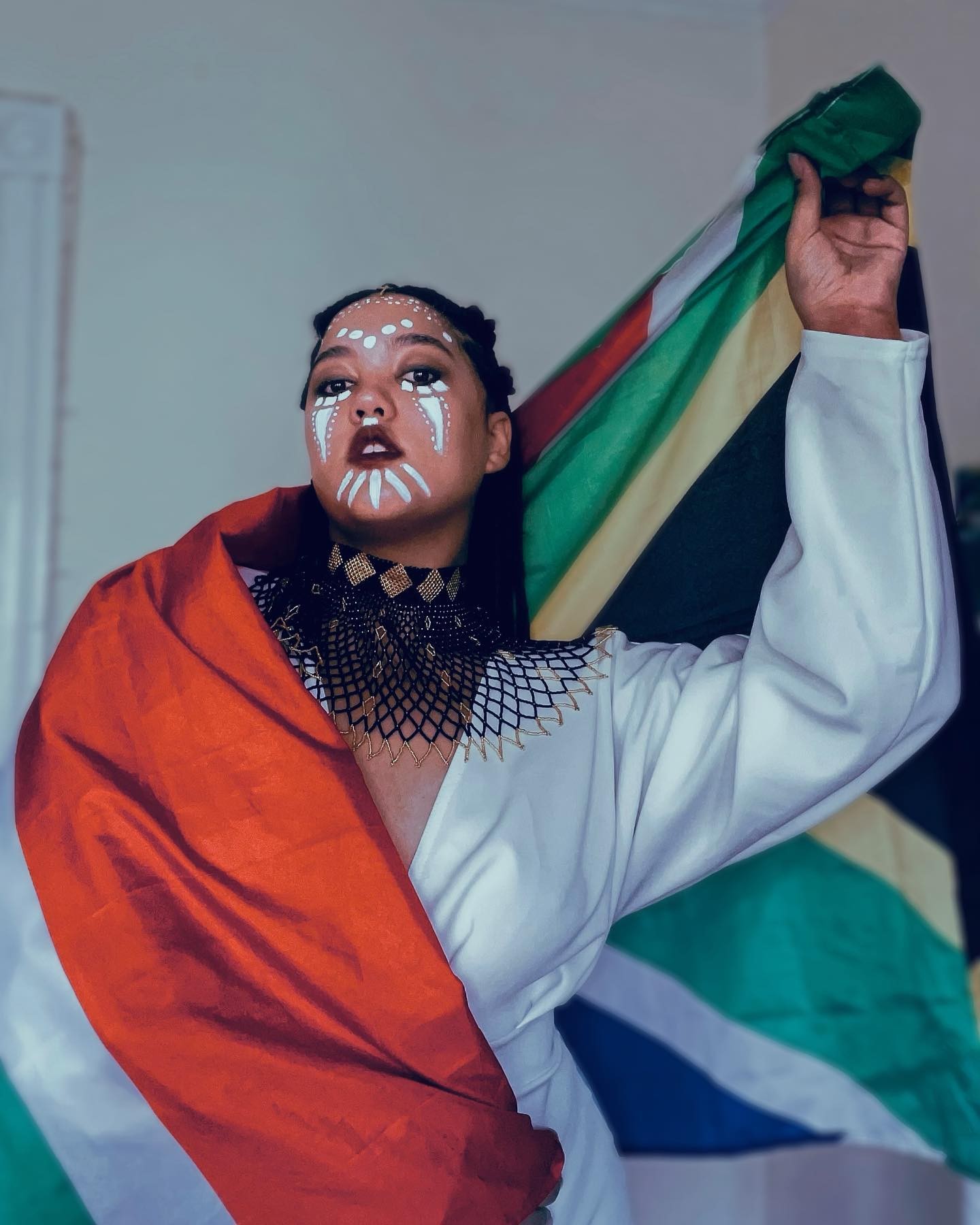
Contact Info:
- Instagram: https://www.instagram.com/allisoniris/
- Youtube: https://www.youtube.com/channel/UCXaxOvPYR6whsXuaRR4_ZQg


